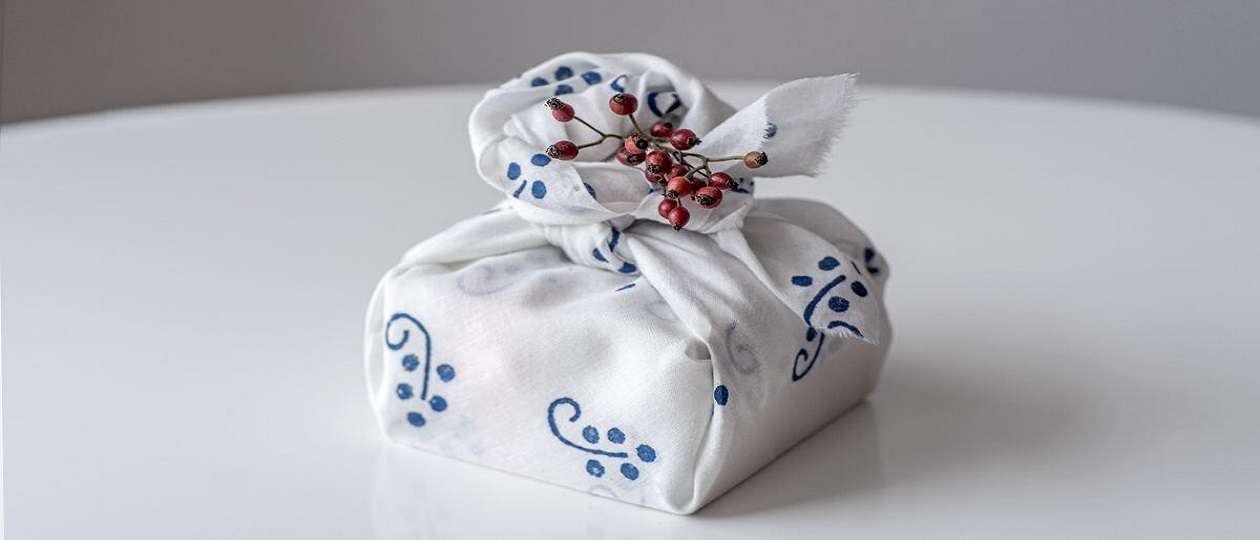
In Japan, many things are deeply symbolic. For example, every dish that is served on the New Year’s table has its own meaning.
Therefore, it is easy to guess that gifts also have a hidden meaning in this country. And if you present a gift to a person older than you (by rank or age), then the one who accepts the gift will most likely treat its meaning very reverently.
So, in order not to be afraid that you will offend your Japanese friend / colleague, etc., now we will consider what gifts the Japanese cannot give:
1. No matter how beautiful he is, never give a Japanese handkerchief, especially a white one.
There are two reasons for this, firstly, they cover the face of the deceased at the funeral with a white square piece of cloth. Secondly, to receive a handkerchief (colored) as a gift is considered a sign of parting with a loved one.
2. Also, all gifts that can cause a fire are not welcome. Aroma lamps, candles, in short, any things that can provoke a fire. This is a particularly bad housewarming gift. Well, in general, it’s better not to give this to the Japanese.
3. It’s no secret that people in Japan don’t like the number “4” very much. in Japanese, it sounds like “yon” or “shi”, and “shi” is consonant with the word for death. The same applies to the number 9, it is sometimes read as “ku”, and this is already consonant with the word “kuroshchimu” — to suffer. Therefore, you cannot give anything related to these numbers, such as 9 or 40 thousand yen.
4. A person higher in rank or older than you should not be given shoes and everything connected with it. This is because a gift in the form of shoes in Japan is kind of condescending. Therefore, if you do not want to offend a Japanese older than you and be considered arrogant, do not give shoes.
5. The Japanese prefer to buy underwear and socks for themselves, and it is considered insulting to receive them as a gift. Because it is assumed that you consider the donee so poor that he cannot even afford to buy socks and underwear.
6. If you give your girlfriend a comb, she is also unlikely to appreciate it, because in Japanese the comb is called “kushi” (that is, again consonant with the words suffer and death).
7. When you go to visit a sick friend, relative or colleague in the hospital or at his home, in no case do not give him a plant in a pot. This may be seen as a wish to be ill longer (“take root” in the hospital).
But for a housewarming party or as a welcome gift to a new colleague — a great option!
8. In Japan, they love tea, unlike the same South Korea, where most of the inhabitants are fans of coffee. However, giving green tea is considered bad manners.
This is due to the fact that green tea is always served at funerals, so receiving such a gift is considered bad luck.
9. There is also a belief that giving a mirror is bad luck, and if a crack appears on it, then it will also appear in the relationship between the donor and the donee. The belief is ancient, but it is still valid, so do not give a mirror … to anyone.
10. Knives, scissors, knitting needles, needles, and in general, everything sharp is not accepted to give, because. according to custom, if a person is hurt by your gift, the blame will be on you.
11. Give pens for writing or brushes for drawing — cut your relationship.
In fact, modern Japanese no longer care about these beliefs, and they have long been buying gifts based on their need and their attitude towards the giver. But the older generation still remembers these traditions and may get upset receiving above gifts.





